Cat Brooks describes the murder of Oscar Grant by a BART police officer in 2009 as her “enough moment” — the moment when she decided to dedicate herself to fighting against police brutality and terror. Shortly after Grant’s murder, Brooks co-founded the Anti Police-Terror Project, an Oakland-based organization that provides support to families of victims while pushing for policy changes to end police violence and over-policing, including advocating for defunding the Oakland Police Department (OPD). Brooks talked with us about organizing during the uprisings, what needs to be done to defund the police, and the work it will take to sustain the momentum.
This interview has been edited and condensed.
Tell me about your organizing background and what's brought you into this work.
I grew up in a political household. My mom was on the front lines of the domestic violence movement in Nevada. She also worked heavily to fight against the nuclear test site out there. So I grew up watching her get arrested. In terms of what brought me into the work, my DNA I guess. And then I ended up, to keep a long story short, I landed at a place called Community Coalition in South Los Angeles. It was a Black/brown organization that was created after the uprising by now Congresswoman Karen Bass. And that became my political home. They took political education very seriously, they took organizing training very seriously. I was with them for about five years, working on a range of issues from land use to education to people coming home from cages.
Ultimately, it was the organizing work around education that landed me in Oakland to repeat a campaign that we had won in Los Angeles. And, about a couple months after that, Oscar Grant was murdered. I talk a lot about it being my enough moment, like something inside of me shifted. Things happen in your life sometimes and you know nothing is ever going to be the same. You don't know what that means, but I knew something was different in me. And so I started volunteering with the first coalition that formed around his murder case. And then when they dissolved, it just kept on. Since then, my life has been predominantly about fighting state terror.
You co-founded the Anti Police-Terror Project in Oakland.
Yeah. ATPT really was born out of the struggle for Oscar Grant; it was the same core group of Black organizers working together. Our goal was to fight on all the fronts where there's war being waged on Black life. But the state just kept killing, and so we kept protesting, and we were protesting murders that were happening in Oakland as well as murders that were happening across the country. One day, one of the co-founders of APTP, Asantewaa Boykin, said, "I feel like we're chasing dead Black bodies. What are we doing?" And that led to a longer conversation around what is our strategy post-protest? Who was taking care of families? What did that look like to develop families into leadership? Who should be the real voices of this movement? What does it look like to be visionary and reactionary? Because it's not like you can stop reacting, but what does it look like to put tools in place that disentangle our communities from police? And what tools can we develop to support communities as they go through the trauma of murder after murder?
So the first thing we did was create a first responders model, which developed over the years. At first, we were going to go out every time we heard the cops killed somebody. The goal was to get there within 24 hours, talk to people, see if we can ID families. And, ultimately, that evolved into what I believe is the only model in the country of first response to police violence. And there's a guide that you can find on our website and we train people around the country, we've trained people in Canada, that really just walks you through the steps to take [after] a police murder. That then formed into its own committee. So now we've got hundreds of healers that not only respond to the scene, but then we've got folks that respond specifically to families, that do casework with families, that provide mental health and emotional support, that go grocery shopping for them, that advocate for them. We've got a pro bono legal team that takes their cases that adhere to a particular set of principles. We've got a policy team.
We didn't get in the policy game until later. Five years ago, James Burch, who's our policy director, came up with the idea, the campaign to de-fund OPD. For five years, we've been calling for a 50% reduction in the police budget. And for five years, every year until this year, we were laughed at. We got more and more support each year. And this year there's a lot of support.
[Our work at] the local level has been about divest/invest. And then at the state level, we've worked on policies. We try to do what we call radical reform, things that don't reinforce the system by tinkering around it, but things that we feel get us closer to abolition. So we launched a model of mental health response in Sacramento that doesn't lead with law enforcement. We co-sponsored a bill, AB392, which changed the use of force standard from reasonable to necessary for the first time in 150 years. We co-sponsored a bill, 1421, that breaks open police records in confirmed instances of sexual assault or murder. And now we're co-sponsoring a bill called the Crisis Act that would carve money out of the state budget and fund pilots across the state to respond to mental health, interpersonal violence, substance abuse issues, inter-communal violence, and natural disasters without law enforcement.
Why do you think this moment is different in terms of the reception to defunding the police as a policy proposal?
It's a continuum of work that's been happening. It's a continuum of conversation. It's a continuum of, now you see Black and brown people being murdered on social media every single day. You see protests that happen, not to this degree, but people have been in the streets, they've stayed in the streets, they’ve called for change. We've tried body cameras. Obama had his whatever. We've tried citizen oversight. We've tried all these other things. And by “we” I'm talking about the general masses. And I think people have had enough. And it's become clear to a much larger segment of our society that policing and the way that it happens in our society does not work. It's not working. It's just not. And I think that the data metes it out. So you've got a whole new group of people.
As older people, I think, we're taught the police are good and they're here to protect and serve. Even in Black communities, where we've always been brutalized, police were born out of brutalizing our bodies, there was still this respectability politics around cops. And I think that that has eroded generation after generation after generation as it coincides with movement building. And I think that this generation and a couple of generations above it are sick and tired of being sick and tired. And they understand that cops don't keep us safe. And we understand that mental health services keep us safe. And we understand that jobs keep us safe. And we understand that education keeps us safe. There's a broader societal overstanding that this shit ain't working. There's too many bodies. You can't talk about bad apples or, oh, that happens, that's a once-in-a-while occasion. There's just too many bodies piled up and people have finally had to see it.
APTP has been calling for a Black New Deal. Tell me about that campaign and how it fits into calls to defund the police.
Melina Abdullah with Black Lives Matter Los Angeles asked me to sign onto a list of demands around COVID-19 for the Black community. And it had short- and long-term demands and was rooted very smartly in the understanding that the reason why Black people are dying from COVID-19 at higher rates than other populations is because of all of the societal inequities that impact our health and welfare. It was brilliant. I said, "Shit, can we do this in Oakland?" And she said yeah. And then I was like, "We should do this statewide." And then APTP Sacramento did it. Basically, it's a list of short-term and long-term demands for the Black community. Some immediate demands are definitely rooted in how we want the state to respond to COVID. Longer-term demands are things that we've been calling for: housing, healthcare, mental health support, supporting black businesses, education. It's a long list. And we're calling it the Black New Deal because it's demanding a transformative approach to how the Black community is resourced and engaged. And it's tied to defund OPD because those dollars can be redirected to reparations, if you will, in the Black community that give us an equitable opportunity to thrive.
What is your work with Justice Teams Network and how has that organization been supporting the uprisings?
Justice Teams Network is a statewide ecosystem of organizations on the ground in California working against state violence. Some of these organizations are led by families, some by impacted community members. And we're really like an umbrella that provides support and training, resources, community education, etc. JTN has been supporting our anchor organizations as they move through the uprisings. We fundraise for our folks. We support with communications [work] for our folks. A lot of the grassroots organizations don't have the communications infrastructure that we do. So we do all that for folks. We've been doing webinars every Friday, healing justice webinars and alternatives to police webinars. But in terms of direct engagement, like for instance, the Fuck Your Curfew action, that was APTP, not JTN.
You've been doing this work for a really long time. Have you seen any innovative organizing strategies emerging over the last few weeks through the uprisings?
I think the car caravans are dope as fuck, personally. It just deals with all sorts of accessibility issues and keeping people safe. We had one two weeks ago. 10,000 cars came. We found a way to get a radio station and were able to link into the radio station via Zoom and communicate to people in their cars. That was the team's idea. And I was like, "My squad is dope as fuck." I think you're seeing stuff like that across the country. I think there's some interesting digital organizing that's happening. But I also do see people in the streets. I see people trying to balance this pandemic that is COVID-19 and this pandemic that is police terror. I think the mutual aid work that I've seen has been absolutely amazing, community stepping up for community, because the state's not doing their job.
How have politicians in California been responding to the demands to defund the police?
For the first three years, [the Mayor of Oakland] ignored us altogether. Then I ran for mayor and was the runner-up. I got 43,000 first place votes. And, of course, I'd been talking about defunding the police throughout that entire campaign and talking about re-imagining public safety. So she addressed it in her newsletter at the start of this budget cycle last year, why we cannot defund the police, before we even said anything. She came out and was like, "We can't do this." Now there's this major call and she is digging in her heels. It had to be at least a thousand young people marched to her house demanding she defund the police department. And she came out the very next day saying that she was going to host a racial equity town hall, and again, we're not going to divest in police, we're going to invest in more police reform. She's incredibly tone deaf. And it's sad because in a city like Oakland, where we're supposed to be the vanguard of progressive movement, to have a mayor that doesn't have the courage, the will, the understanding that we need to redirect some of these monies to things that keep people healthy, is mind boggling.
City Council, I'm not sure yet. We need to start lobbying them. Because we're in the budget revision [process] so this is actually perfect timing for Oakland. The Mayor's budget defunded everything but the police. Her revision took money away from social services, away from parks, away from homeless programs, you name it. But she kept the police intact. I don't know that she'll win this fight. Last night on the Police Commission call, 200 people called in and only three of them didn't say defund the police. And that was with us putting the call out two hours before the meeting started. So I don't know. If she does dig her heels in, I think it will be the end of her political career.
What are your plans for sustaining this momentum so that you can create those lasting policy changes?
Continuing to figure out how we protest safely and stay in the streets, keep up the pressure, while, at the same time, engaging policy makers at the local and state level and get commitments to policy shifts while they're feeling the heat. Because, if it's two months from now and things have calmed down, all bets are off.
What challenges do you anticipate you're going to face in the weeks and months ahead? And following that, what feels possible right now that didn't feel possible three weeks ago?
There was a 100% spike in COVID-19 cases in Alameda County in a week. Now, we also have started reopening so I don't think it's all the protests. It's not all the protests. So I think continuing to figure out how to keep people safe is going to be a challenge. I think increased police repression is going to be a challenge. I think sustaining people's energy and their wellbeing is going to be a challenge. This is hard. I can only just speak about my team, they're exhausted. They're working from morning to midnight every single day. And people at APTP don't get paid. This is volunteer work. So figuring out how to keep the team and our communities nourished through this is going to be a challenge.
I do think it's possible that we'll be able to redirect some monies from law enforcement to things that we need that actually keep us safe. I do think that we can get more investment in funds for alternatives to policing and that we can get more community buy-in for alternatives to policing. I think this moment gets us one step closer to abolition, I really do.
Is there anything else you want to add?
I guess the only thing I would say, and there's a bunch of smart people that are trying to figure it out, is what does a national inclusive agenda look like? We need to be asking and answering that question. I think that if people can move in principle and with discipline, then I do think it's possible to have national calls around defunding law enforcement, creating alternative models, training up leaders. Those calls are happening in different formations, but those formations at some point are going to have to come together. One organization can't do this.
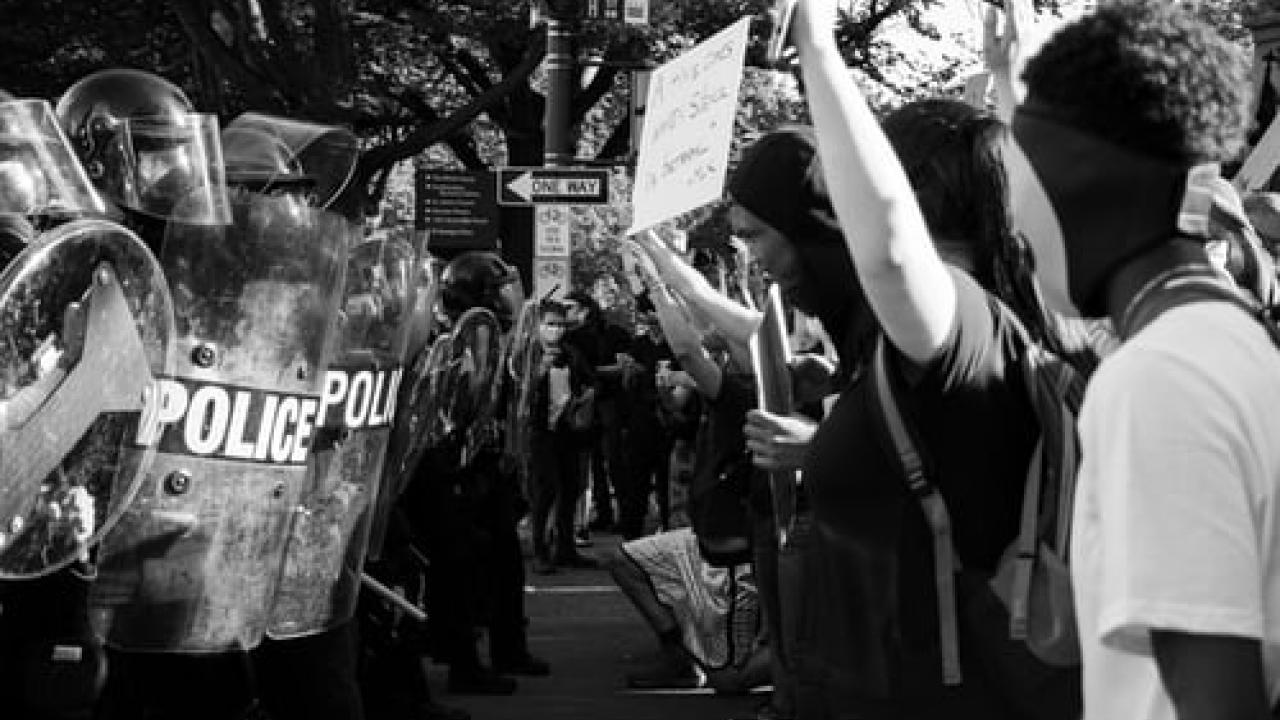
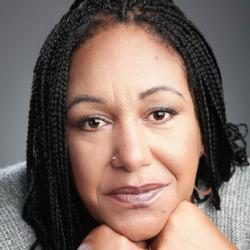
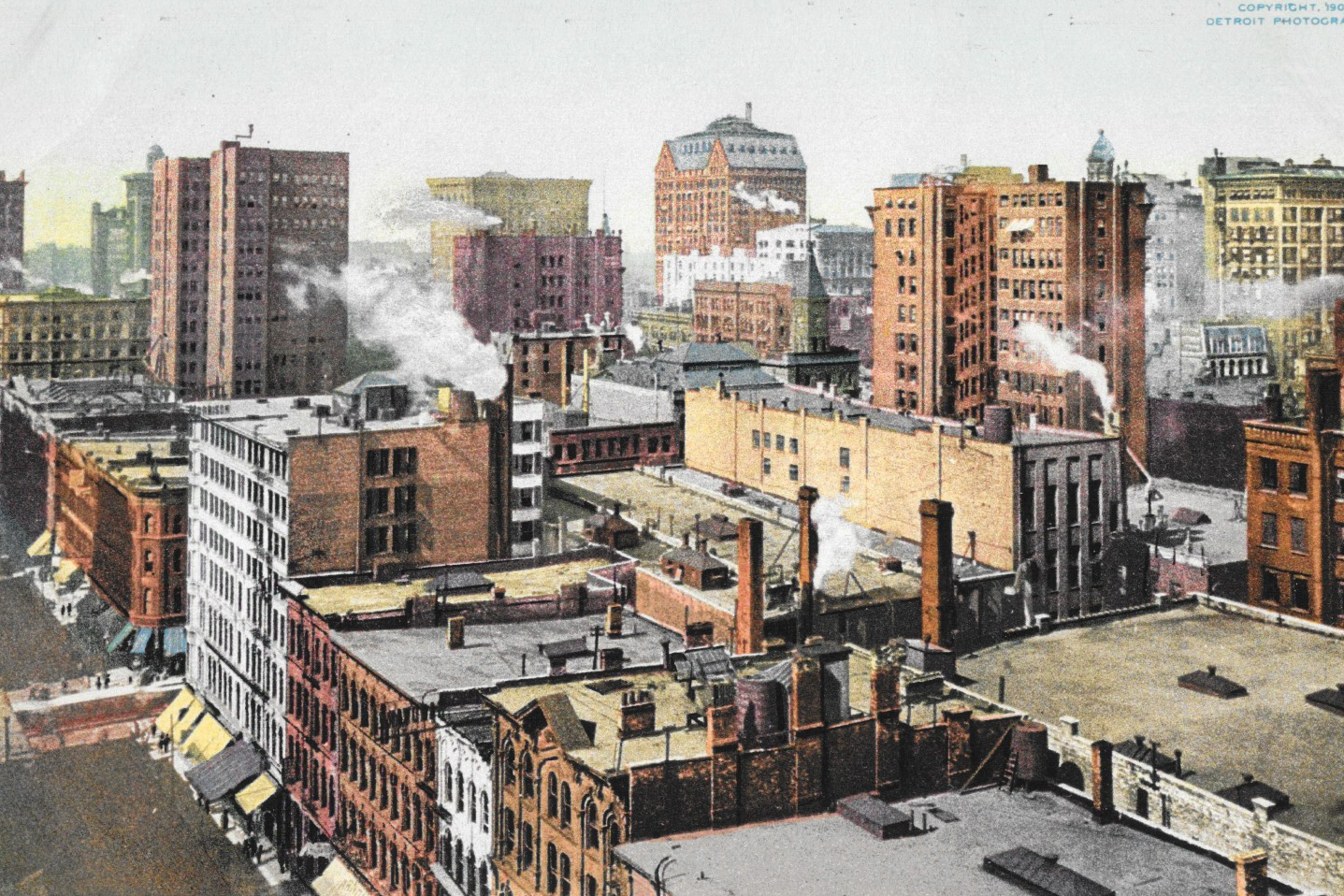
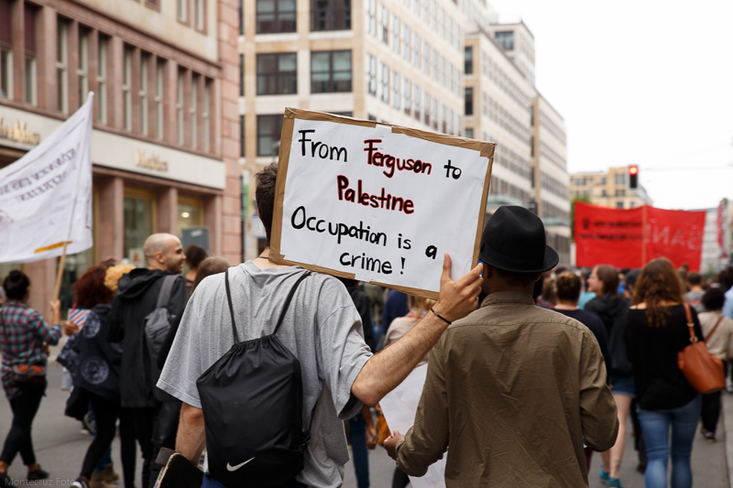
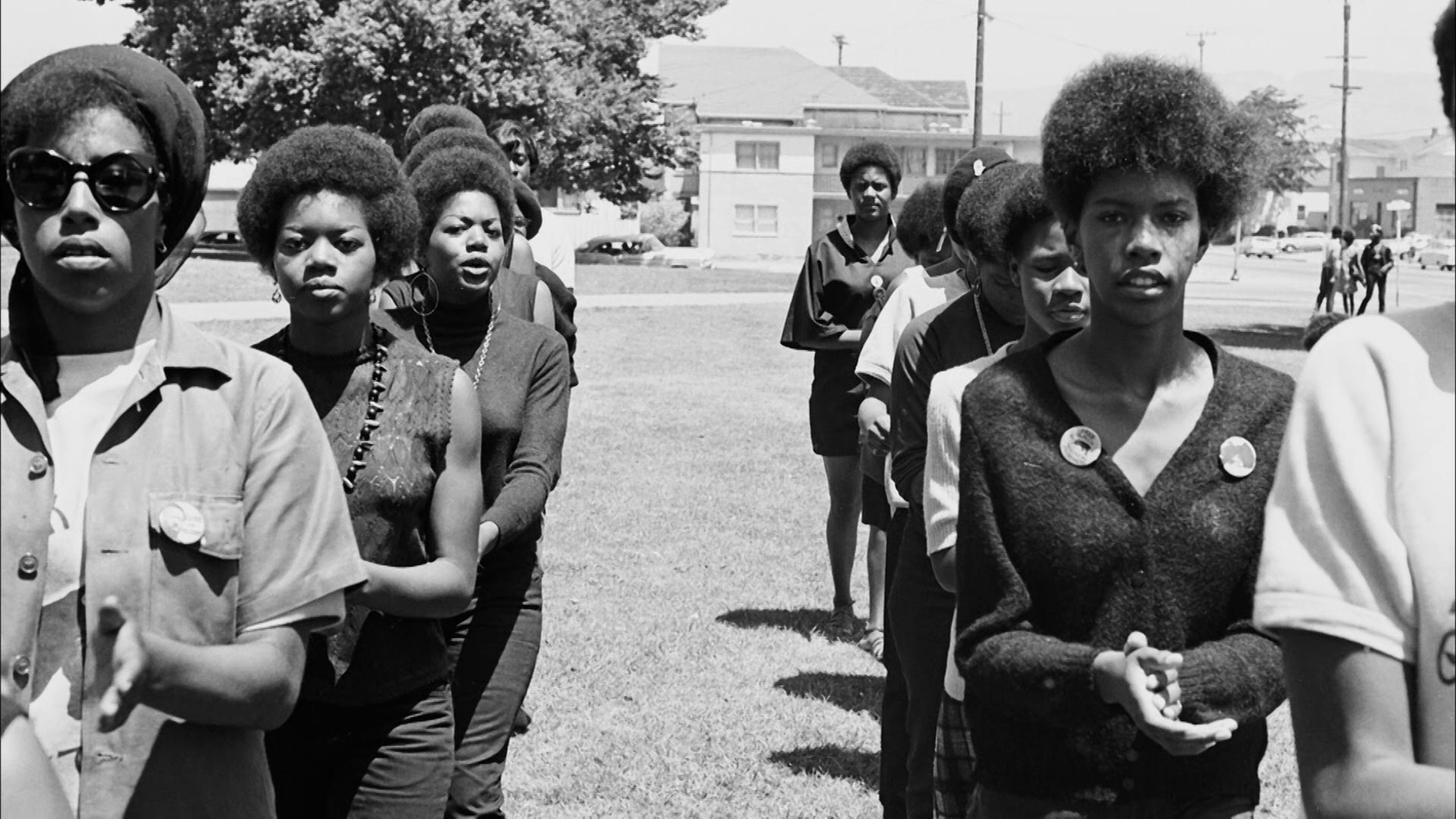
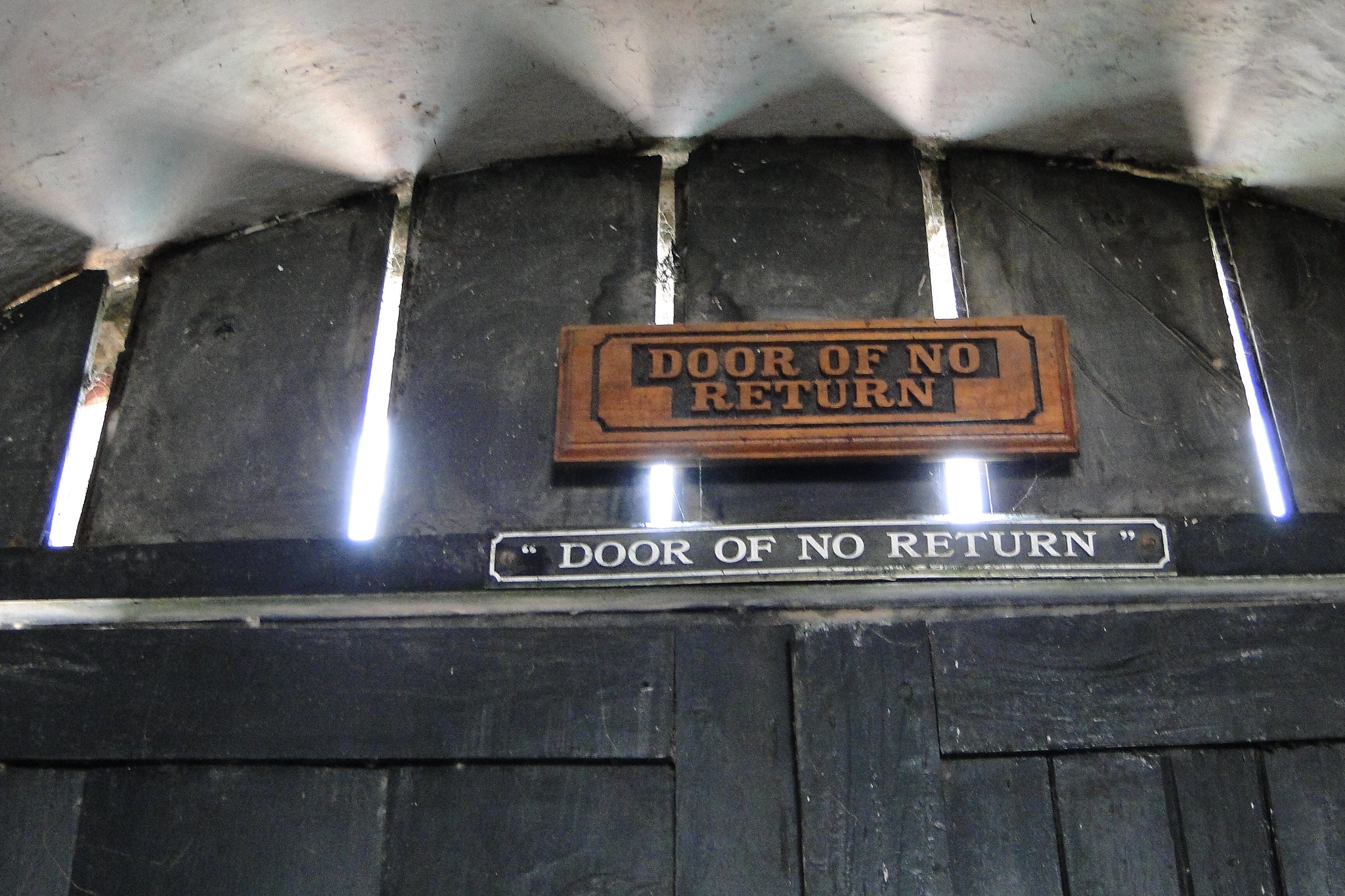
Become a Sustaining Donor to The Forge!
The Forge is built by and for organizers. Though we’ve raised a bit of startup money to build the site, this publication and community will be only as strong as we, together, make it.
Please click below to become a sustainer. When we have some cool swag, you’ll be first in line!
DonateRelated Articles
How to Build a New World, Locally
Ferguson, Palestine and “The Most Important Election of Our Lifetime”
Will the Revolution Be Funded?
From the Traumas of America to the Shores of Africa: A Journey of Self-Healing
Get the latest articles sent to your inbox